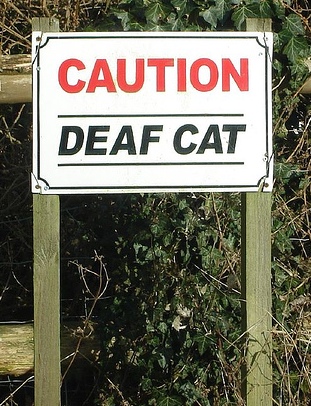 It looks like Facebook has its groove back. Only two weeks ago, Facebook almost ruined its own good name by unilaterally changing, then revoking, a new Terms of Use.
It looks like Facebook has its groove back. Only two weeks ago, Facebook almost ruined its own good name by unilaterally changing, then revoking, a new Terms of Use.
CEO Mark Zuckerberg (photo at right) last week announced a remarkable new plan to let Facebook’s own community determine company policy. Some might say it’s lunacy, but I think it’s the only thing he could have done.
The basics are this:
- Facebook is creating a new set of principles, and a separate new set of rights and responsibilities.
- For one month, Facebook will invite its community to comment. This ends on March 29. The comments will be made public and summarized, too.
- Facebook will then revise the documents based on the feedback, then open them to a vote. The vote will be public, and if 30% of the users vote, it’s binding.
- It will create a user council of members who provide the moist insightful comments, and will invite reporters, bloggers, analysts and other pundits to be part of a first alert network for news from Facebook.
(Brian Solis does a terrific job poking through the details in his customary lucid and concise fashion.)
What’s so good about this? Facebook listened.
What worried me most about the Terms of Use kerfuffle was that Facebook seemed so tone deaf to its own special place in the world. It was behaving like an old world company, while pretending to be new and cool.
So now, with its change in direction, Facebook is practicing what it preaches in two important areas:
- Transparency. Users’ comments are public, and Facebook says explicitly what it will and won’t do.
- The community rules: The community determines the brand, and it will determine the company’s policy too.
People can and will disagree about some of the specific proposed principles, rights and responsibilities. That’s fine. At least now, the final product will be up to the community, not to a faceless group of manager types.
Not everyone would have the guts to admit their mistake so graciously, and make such a dramatic about-face. We could all learn from what Facebook did.

